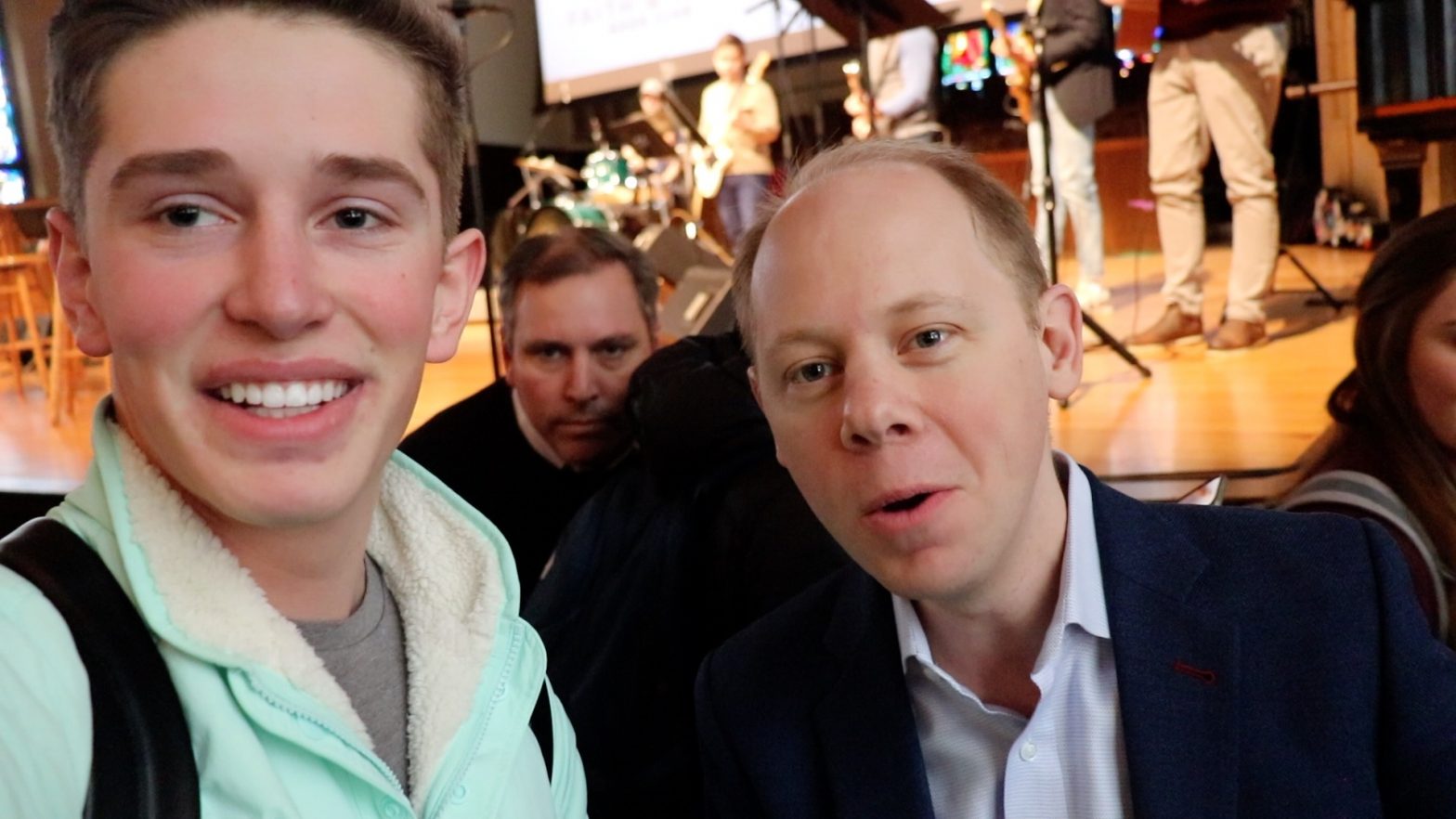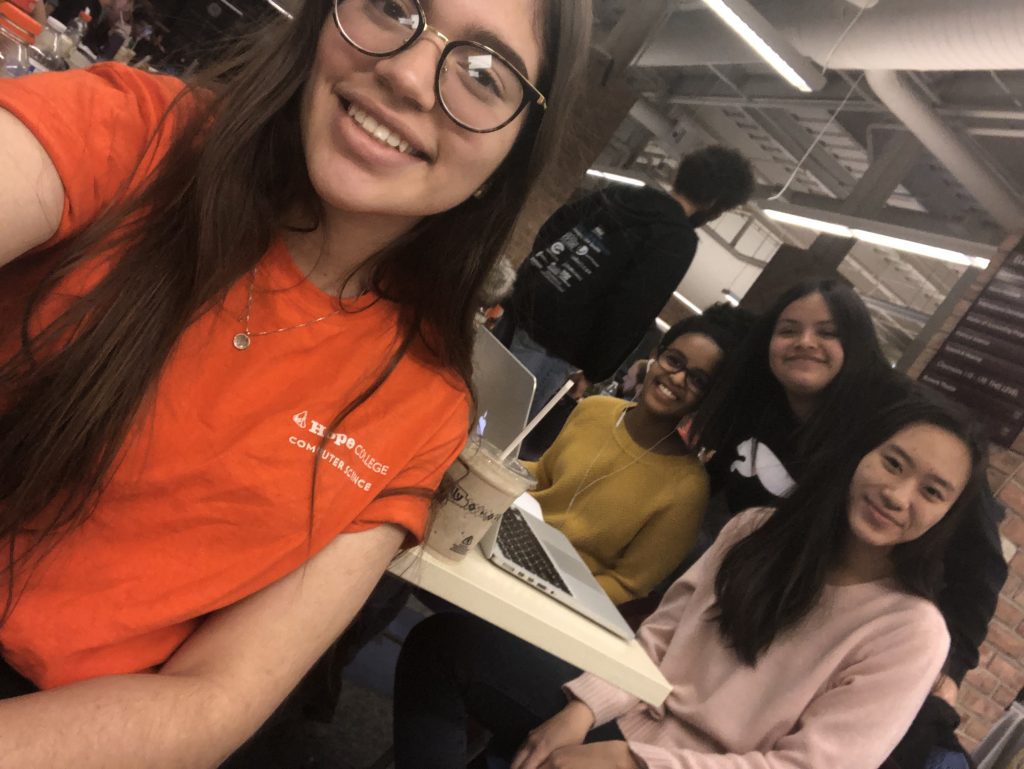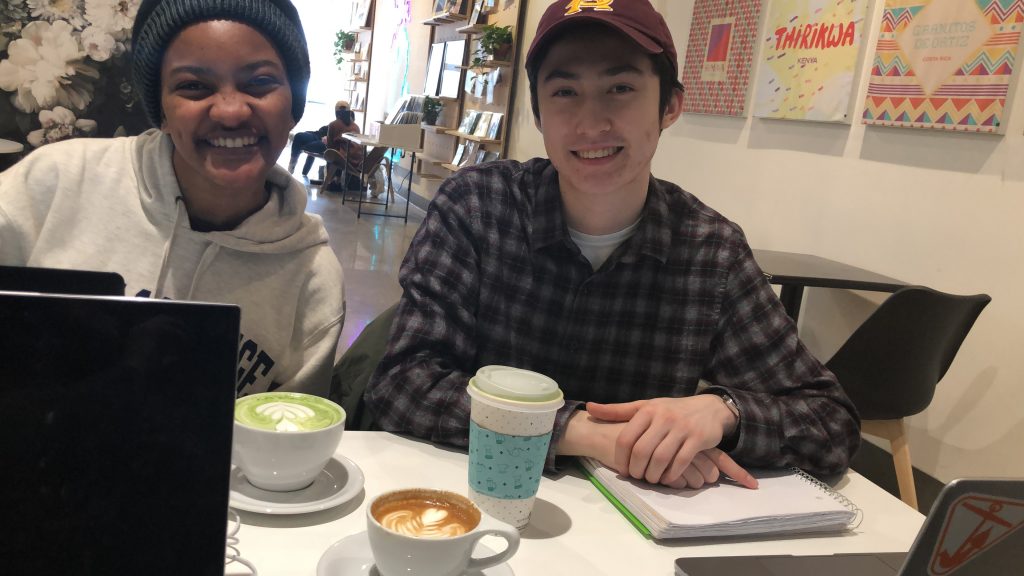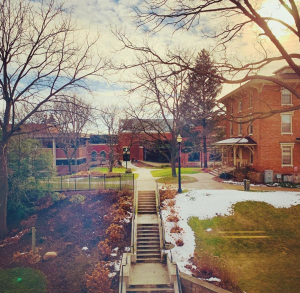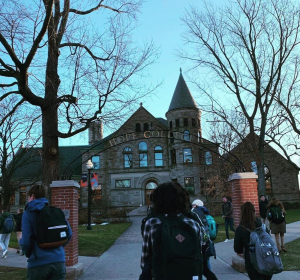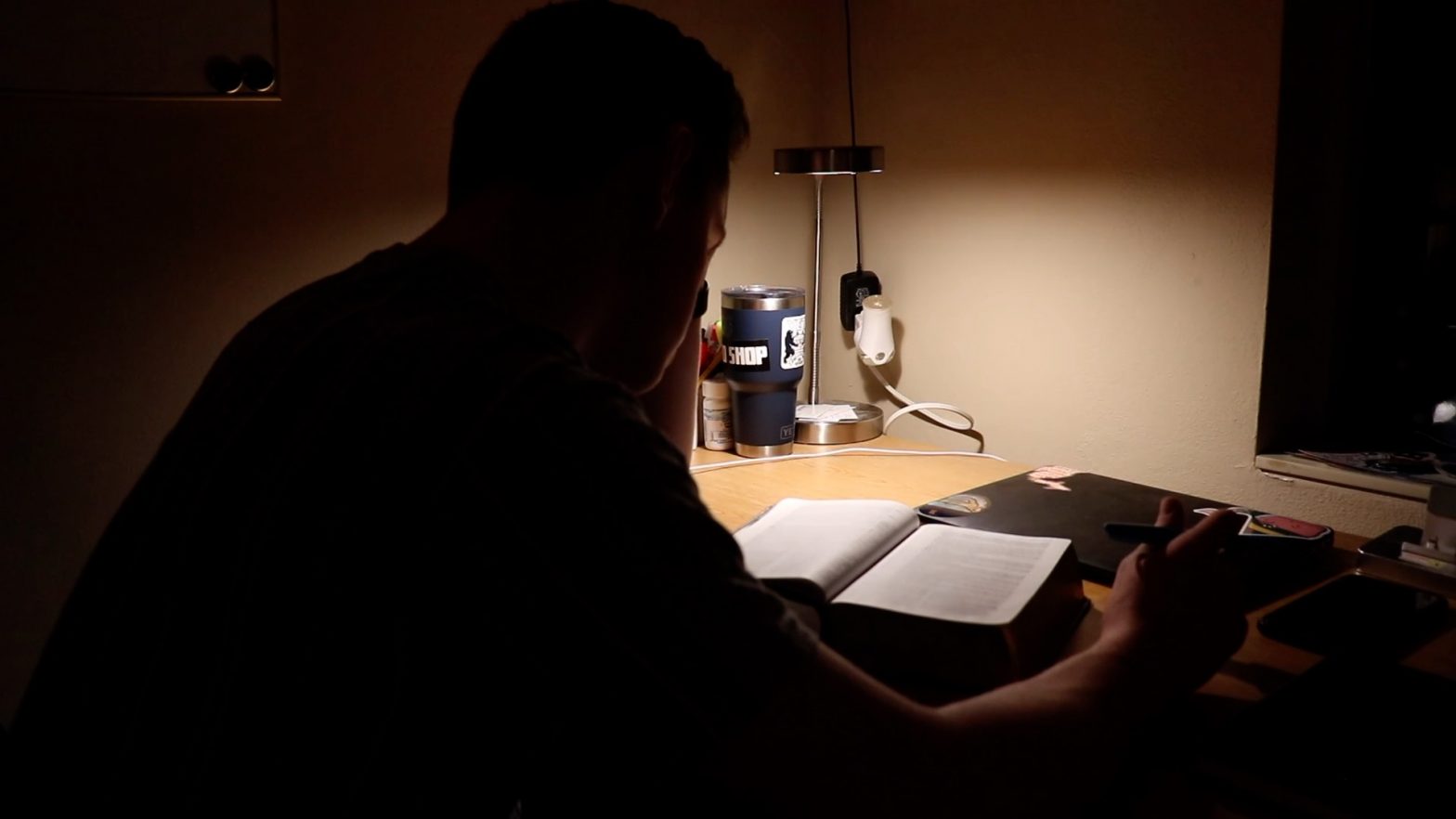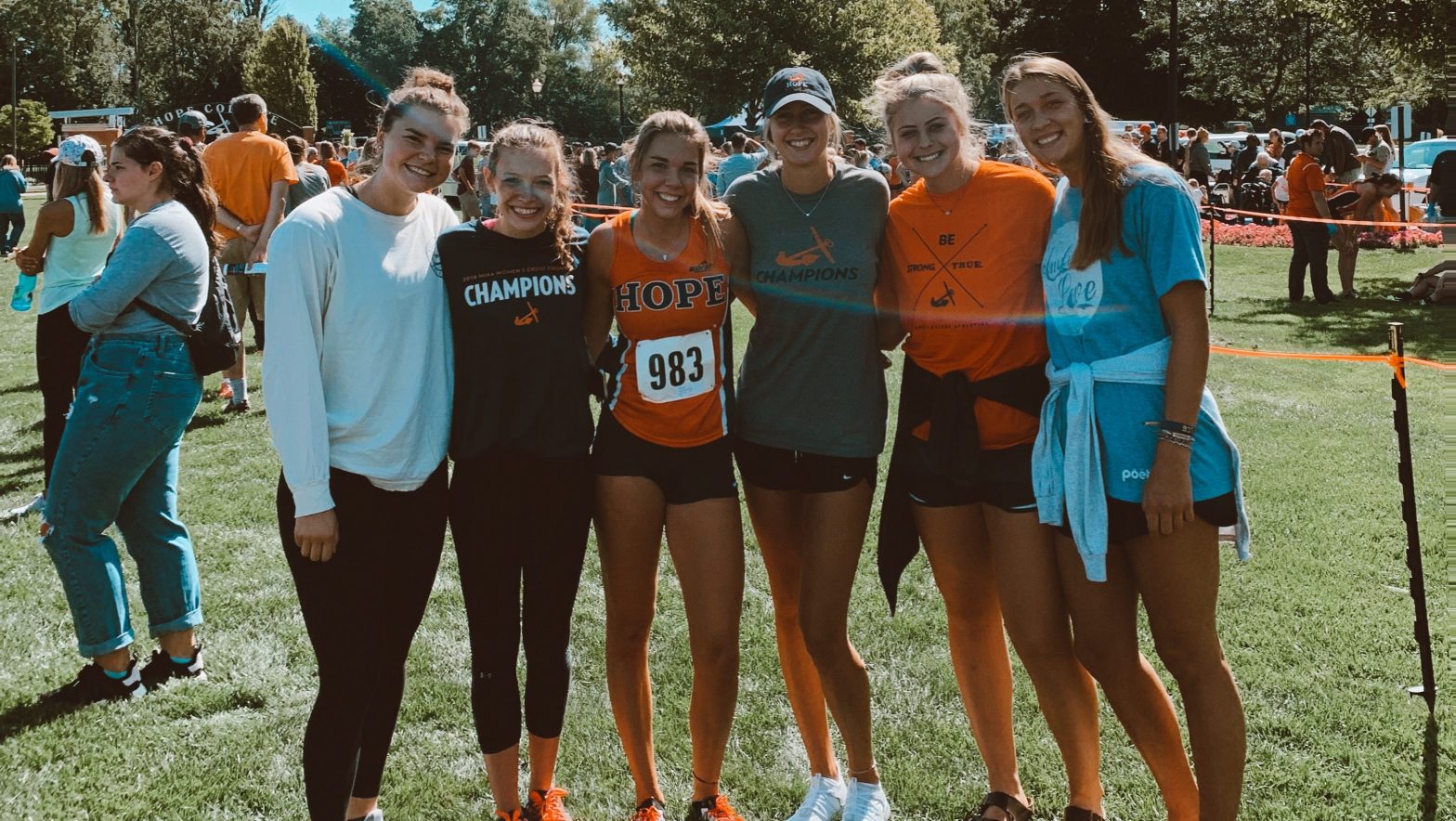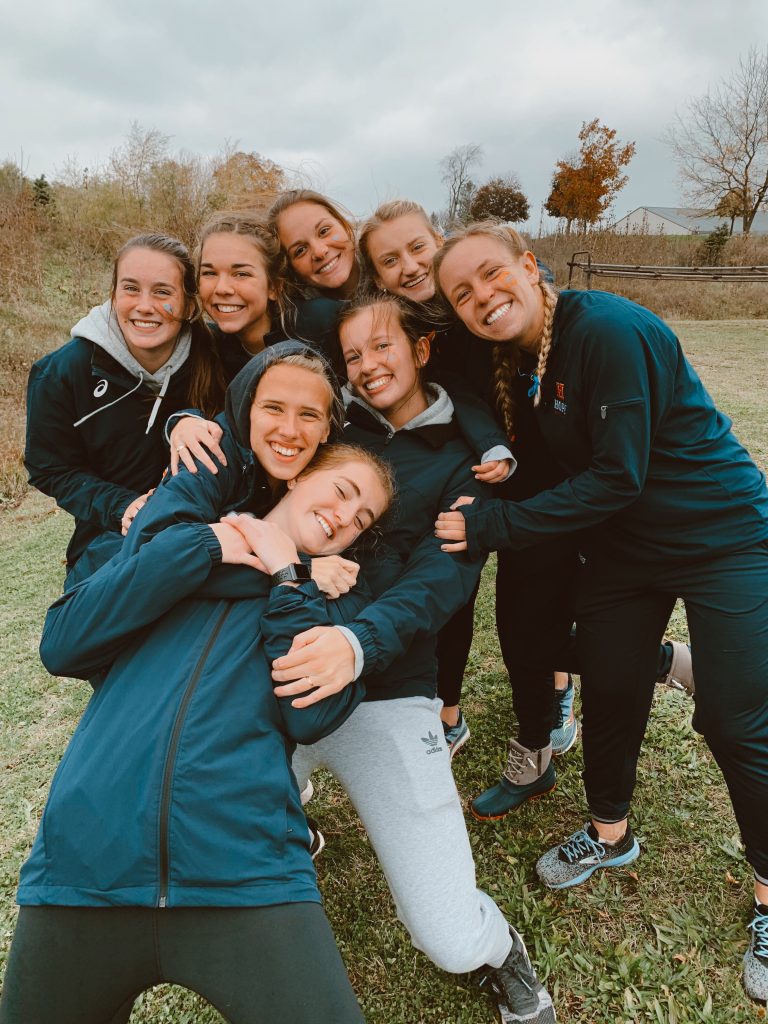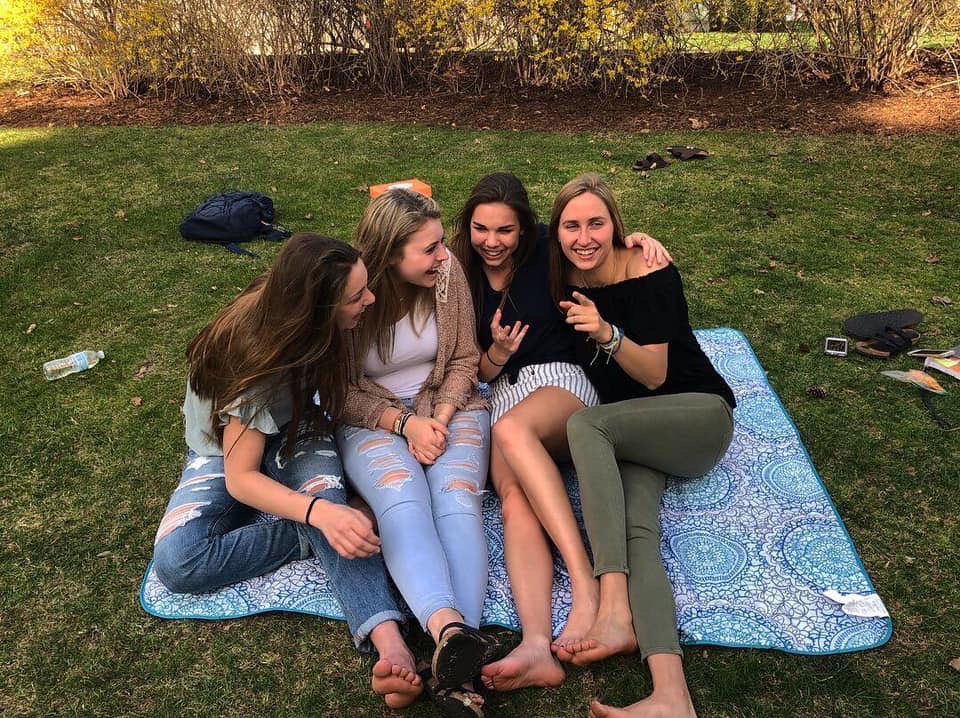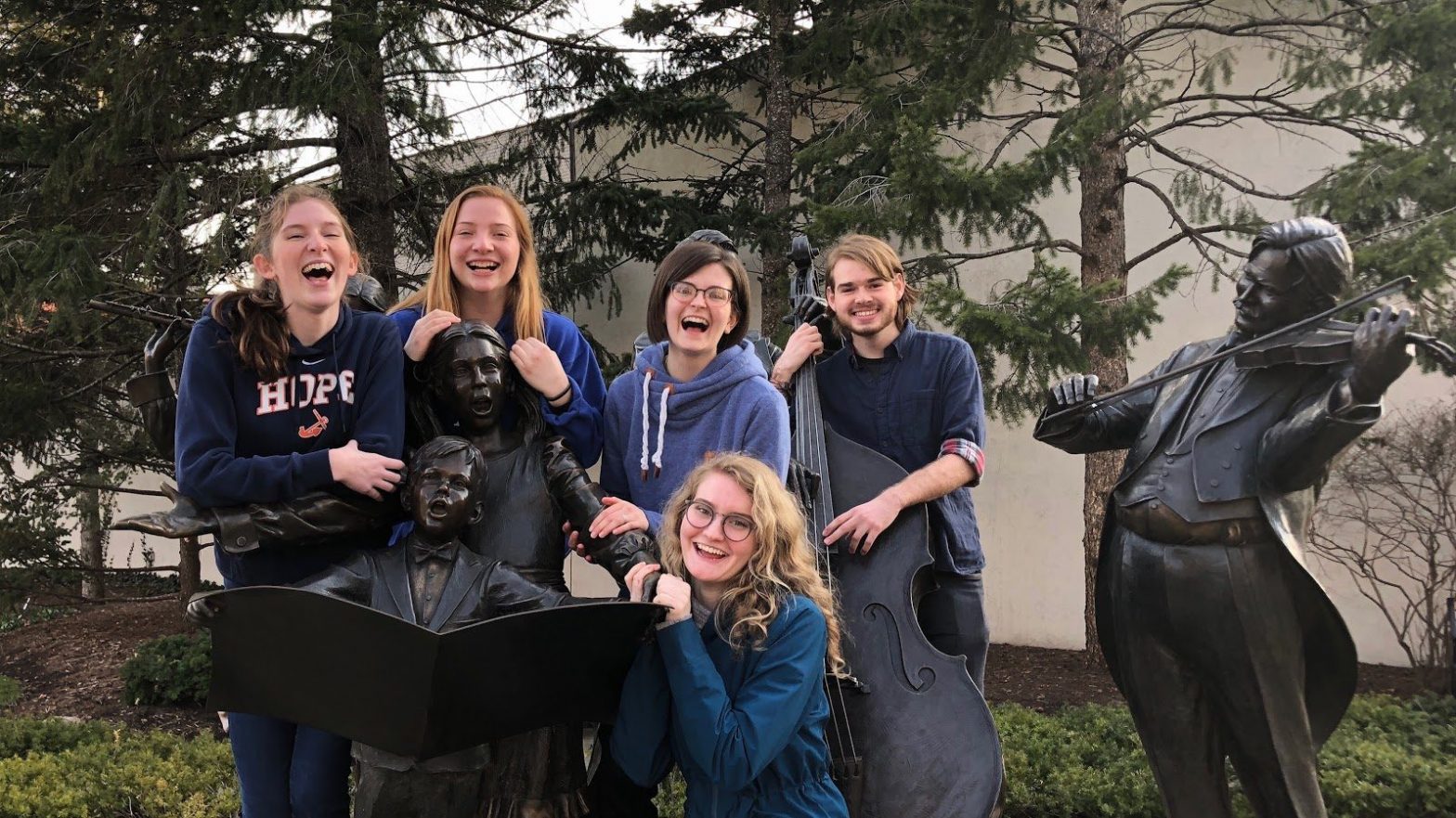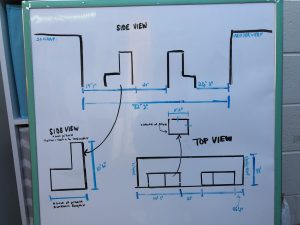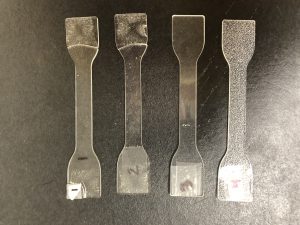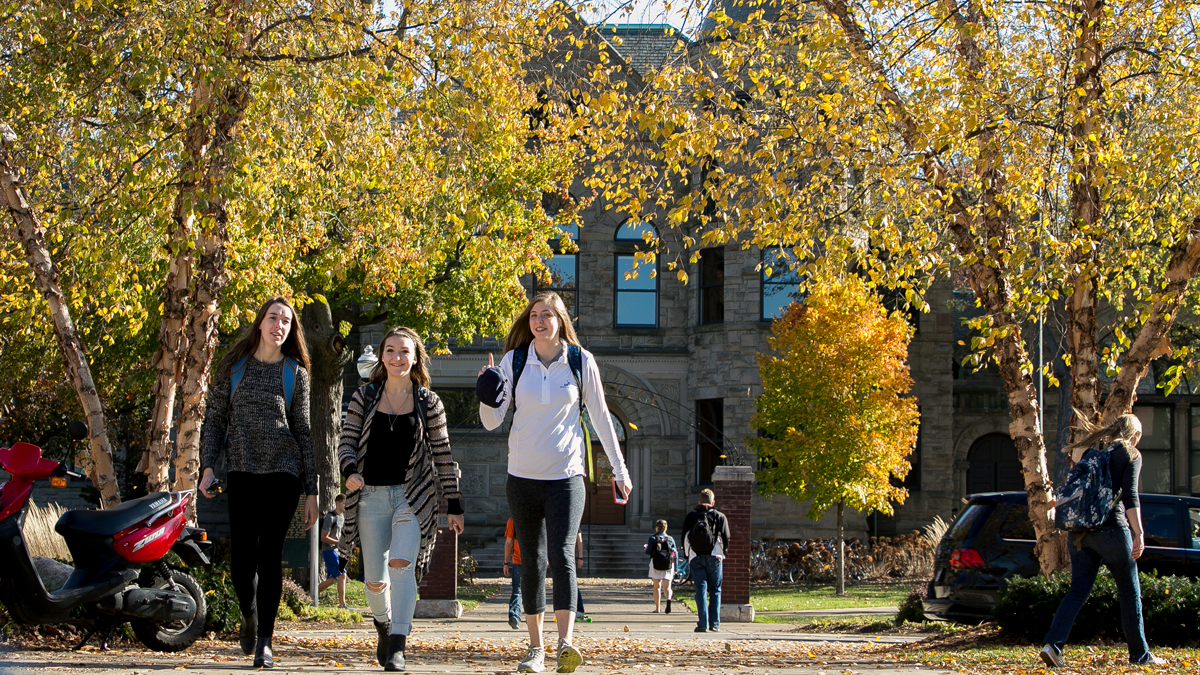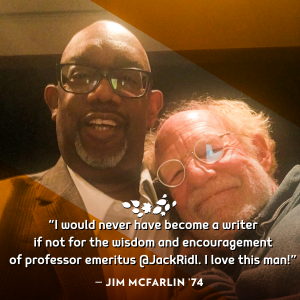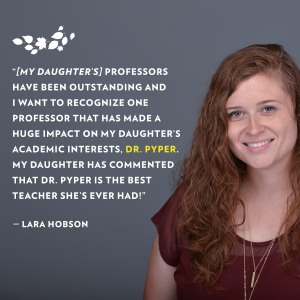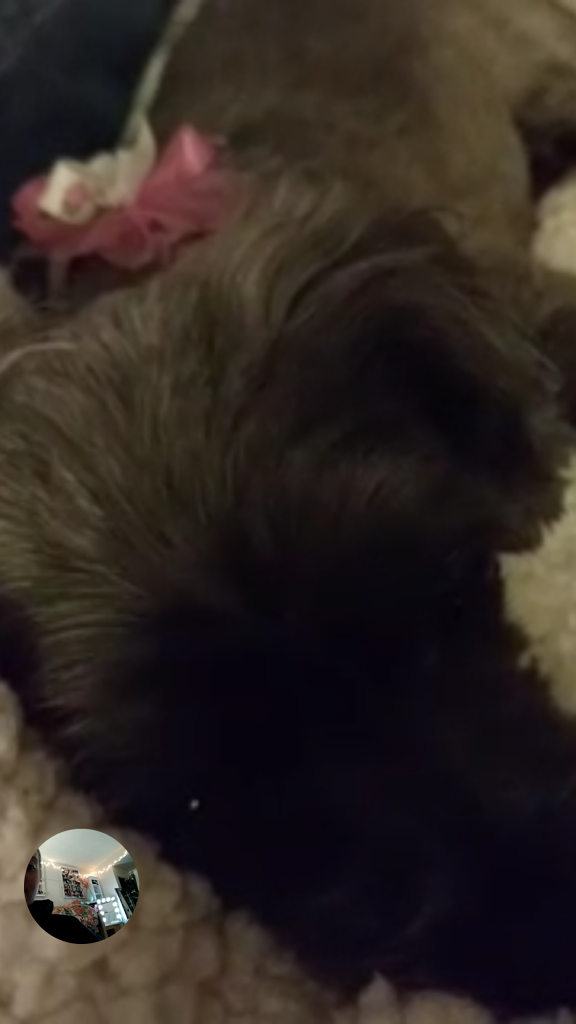Dear friends and family,
In one week, two YouTube videos, and a dozen or so emails we were able to raise $550 for Helen DeVos Children’s Hospital. When I started this fundraiser I had no expectation of how much I would be able to raise, but with your help I was able to surpass my goal.
It was about this time last year that I attempted a fundraiser similar to Dance Marathon, Peanut Butter With a Purpose. In this fundraiser I raised money for second and third meals for students in Ionia County. As an incentive for that fundraiser, I matched whatever money was donated. The fundraiser was successful but there were key differences from that one to this one.
To start, the situation is very different. I am in a new setting. Last year, I was a senior in high school and I knew the ins and outs of my school and community when doing the first fundraiser. However, transitioning to Hope has been smooth and a great experience, but I do not have the same knowledge or confidence as a freshman now that I had as a senior. I knew what I was fundraising for, but I did not have any idea of what to expect as I did this for the first time.
The Dance Marathon fundraiser was a great success, and the impact made as an entire group was tremendous. Our goal as a college was to raise $370,000 for Helen DeVos Children’s Hospital. In total we raised $370,671.21. I was so impressed with Hope and just as impressed with my support.
I have learned a lot from this fundraiser. No matter how hard the challenge may be, I am well supported here at Hope and at home. My Arcadian brothers encourage me and challenge me to do the best that I can. The Hope faculty genuinely care about this cause. Furthermore, I know my family and community back home will always have my back.
In a matter of days I raised $550 for a $300 goal. Some of the donations came from family members. Other donations came from friends. And yet even others came from those I had only ever briefly talked to. This goes to show that small interactions, conversations, and relationships matter. Even if you don’t think it is a big deal, holding the door for someone, smiling at someone on the street, striking a conversation each have the potential to lead to additional support as you carry through life. I have also learned through fundraising how important it will be for me to support others when it is my turn to give back.
Thanks again to everyone that supported me in this fundraiser and donated to the cause. I love you all so much.


